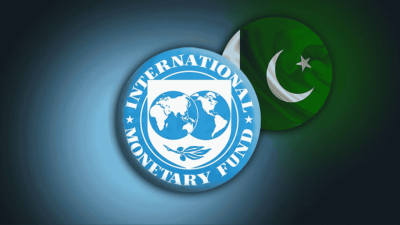The salaried class has become the leading contributor to Pakistan’s income tax during the first quarter of the 2025–26 fiscal year. Between July and September, salaried individuals paid Rs. 130 billion in income tax, marking an increase of Rs. 20 billion compared to Rs. 110 billion collected in the same period last year. This represents an 18% growth in tax contributions from salaried workers.
The rise highlights better compliance and improved efficiency in tax collection within this segment. Despite this positive progress, Pakistan’s overall revenue collection still fell short by Rs. 200 billion during the first quarter of the current fiscal year.
According to officials, one of the main causes of the shortfall was the Rs. 70 billion loss in tax revenue resulting from widespread floods. The natural disaster disrupted businesses and economic activities across several regions, reducing the government’s ability to meet its revenue targets.
However, Pakistan’s ongoing tax reforms have received international recognition. The World Bank commended the country’s progress, calling its reform efforts a global success story. The appreciation specifically highlighted the work of the Finance Ministry and the Federal Board of Revenue (FBR) for introducing institutional reforms, enhancing digitization, and developing strategies to broaden the tax base.
These initiatives are part of Pakistan’s broader goal to make the tax system more transparent, efficient, and inclusive. Experts suggest that sustained focus on reforms could help improve both revenue collection and long-term financial stability.
The growing contribution from the salaried class also reflects the government’s success in formalizing the tax net. As digital systems and monitoring tools expand, authorities expect compliance from other income groups to rise as well, further strengthening Pakistan’s fiscal foundation.
In other news read more about: Salaried Class Contributes Nearly Rs200 Billion in Taxes Amid Growing Burden







